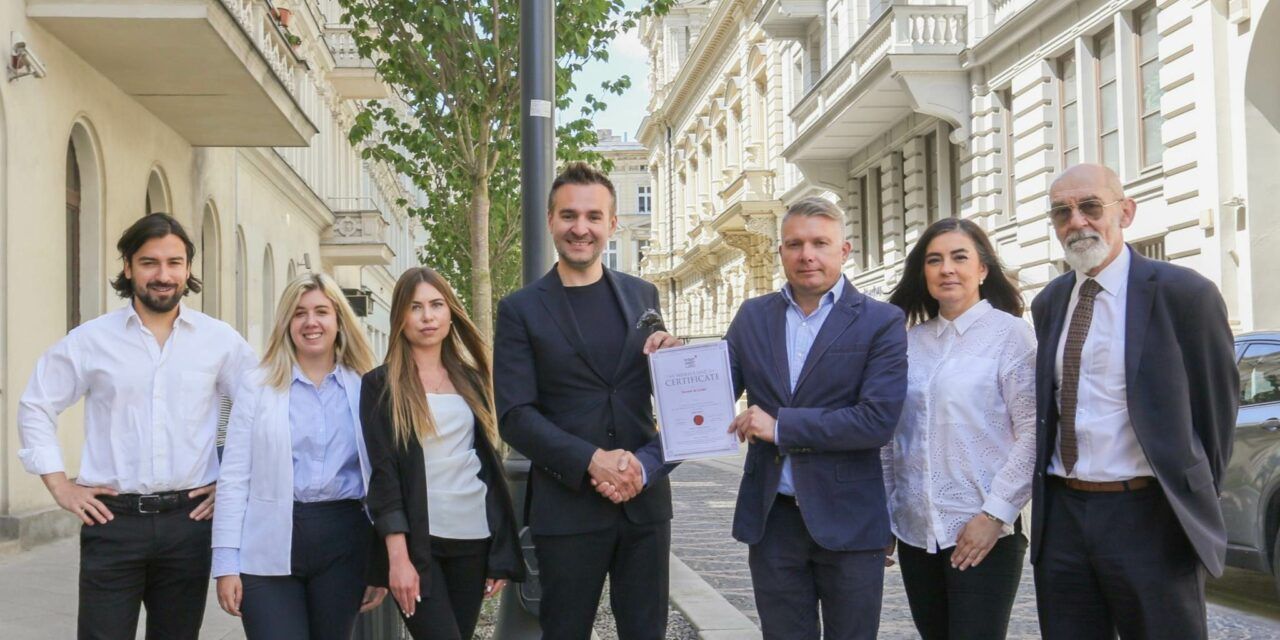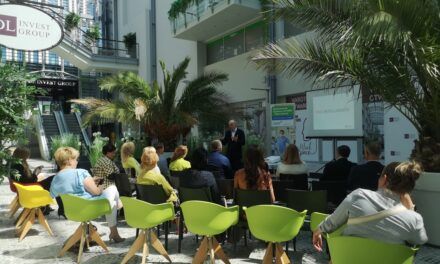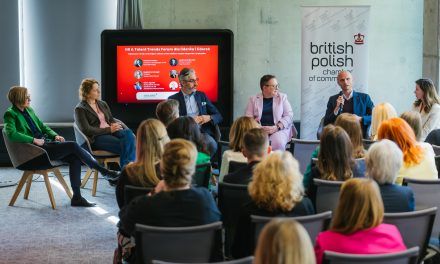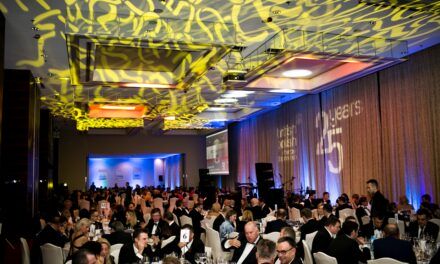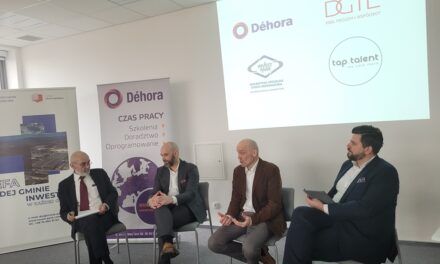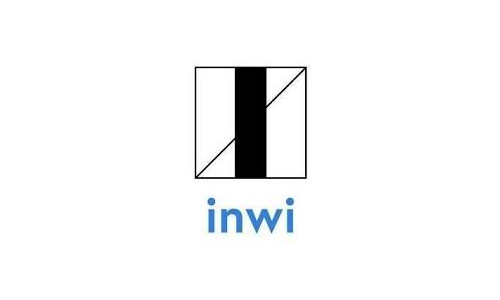Unlike the UK or France, Poland is a country with several major agglomerations which are not dwarfed in size and economic importance by the capital. Historically Poland’s second-largest city, Łódź has been overtaken by Kraków in terms of population and international recognition. And after the transition to free-market democracy, the city’s main industry, textiles, collapsed under the pressure of global competition. Hard times followed, but the past decade has seen Łódź reinventing itself for the 21st century. A strategy focused on attracting inward investment in FMCG production, household goods and electronics, advanced shared services, IT and the creative industries, has paid off. Unemployment in the city has fallen to 4.5% (May 2023) from 19.6% in May 2004 when Poland joined the EU.
Over those two decades, many household names such as ABB, Bosch, Dell, Gillette, Hewlett-Packard, Indesit, Infosys and Samsung have invested and re-invested in Łódź. And two UK investors shine bright: Capita and Tate & Lyle and Capita (Henry Tate, whose sugar-refining company merged with that of Abram Lyle 102 years ago, founded London’s famous Tate gallery.)
The economic benefits have allowed the city authorities to invest in infrastructure and architecture, renovating the villas and palaces of the 19th century factory owners and many of the tenement buildings from Łódź’s previous period of glory back to their original condition. Revisiting Łódź every now and then, one is amazed at how quickly and beautifully the city is being restored. And the more attractive the city becomes, the more new foreign investors it draws in.
On 30 May, the BPCC’s CEO Paweł Siwecki and chief advisor, Michael Dembinski, visited the City of Łódź Business Development and International Relations Bureau, which has just joined the BPCC as a member. The purpose was to hear the latest economic news, to see new projects and new investments; after a presentation about the British economy and current opportunities, the city arranged a visit to the Łukasiewicz Łódź Institute of Technology. The city’s leading R&D institution, formed from the merger of three long-established R&D labs serving the textiles, clothing and footwear sectors. Much interesting work is carried out here, including a project to ‘wrap’ collagen around seeds, so they can survive longer in dry environments, or finding use for feathers that are a by-product of the poultry industry.
Paweł Siwecki said: “We are delighted that the City of Łódź has joined the chamber, giving it a platform to promote the location’s attractions to potential investors from the UK. The city has made impressive strides in recent years – a modern, focused location with everything on hand that an investor needs.”






